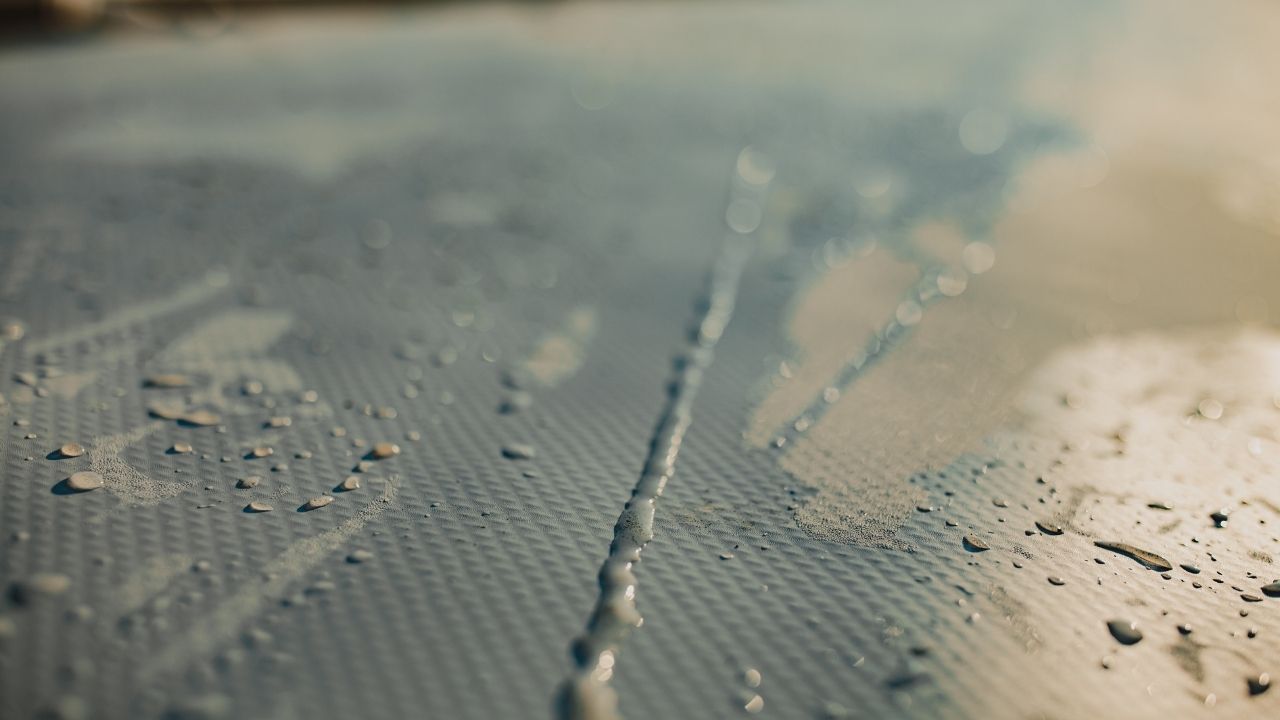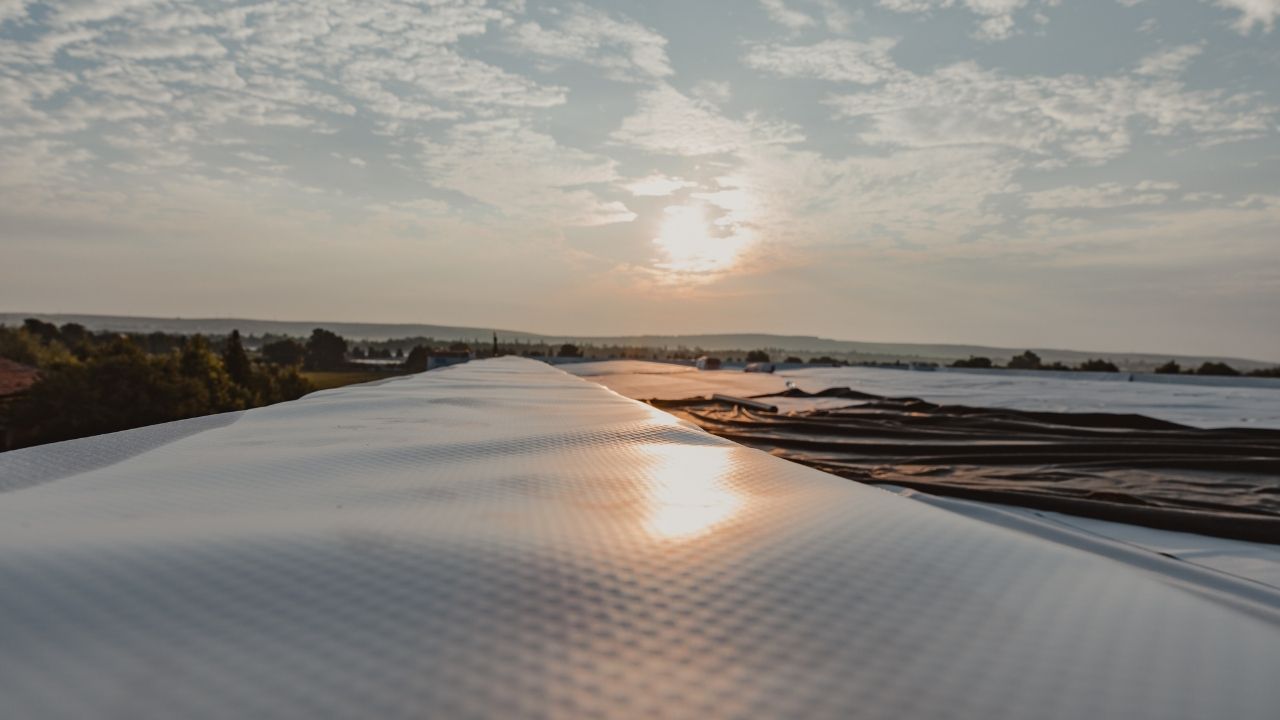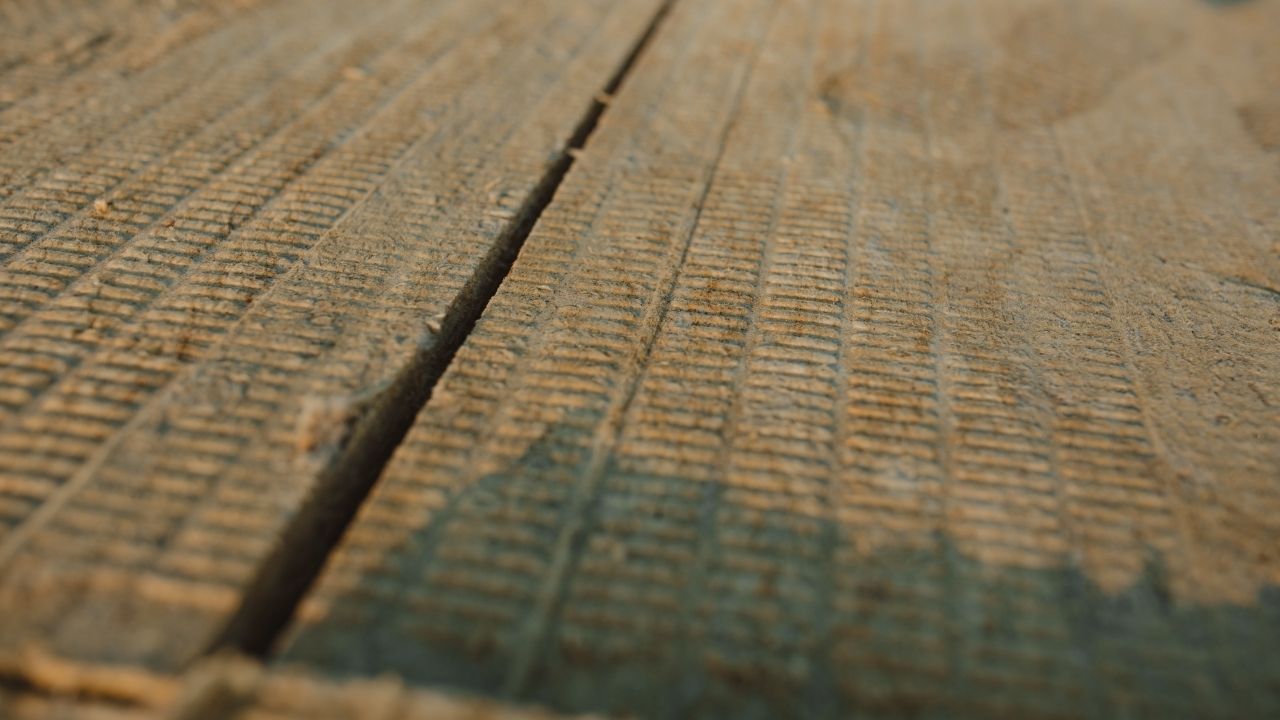EPDM vs TPO - The Pros and Cons of Each System

The roof is one of the most important structures of a building. Keep reading this blog and learn the differences between EPDM vs TPO
With the global demand for durable, high-performance commercial interiors, many companies have made EPDM and TPO a mandatory part of their product specifications. What are the benefits of EPDM or TPO? How do they differ from each other? How do you choose one over the other? Learn more about EPDM vs TPO here.
The good news is that our experts answered this question and provided a list of useful information for you.
Keep reading.
What is EPDM?
EPDM is a roofing system for almost any type of building that is made from a rubber membrane. EPDM stands for ethylene propylene diene monomer, which are the materials that make up the rubber membrane.
EPDM is the best alternative for covering commercial roofs, which are flat and with few slope angles.
- Among the main advantages of EPDM is the fact that it is an easy system to repair. In addition, repair times are usually fast.
- On the other hand, EPDM is the most popular roofing system on the market because it is very cost-effective financially. Both the installation process and the repair work are cost-effective services.
- Although it is a relatively thin material, only one layer of EPDM needs to be applied during the coating process. With only one layer, the material is very resistant and can withstand different temperatures or weather conditions, such as hail rains.
What is TPO?

It is a material that has been gradually growing to become a trend and an excellent alternative to EPDM (ethylene propylene diene monomer).
Like EPDM, TPO is also an easy-to-install system that is manufactured from elements such as thermoplastic polyolefin. It is a solid system, which is designed to last for decades.
- Among the main advantages of TPO is that this system can come in different color varieties to reflect sunlight. This allows the system to be more resistant than EPDM under certain specific environmental conditions.
- On the other hand, TPO can also resist other factors that can quickly deteriorate the roof of a building over the years. This can include chemicals, grease, and oils.
However, since it is made from elements such as thermoplastic polyolefin, the system must be welded to the roof to optimize its strength and durability.
EPDM vs PTO : Main Differences between them
Both EPDM and TPO roofing systems are available globally, though the pricing and variety of both may vary from one manufacturer to another.
TPO is a synonym for thermoplastic polyolefin, which is a material used for waterproofing and insulating roofing membranes. It is more durable than EPDM and therefore is considered more flexible in terms of performance, especially in terms of longevity.
TPO is more cost-effective in terms of installation because it is not affected by weathering and heating.
EPDM, on the other hand, is more durable when it comes to lasting in the sun because it is made of a synthetic rubber compound. However, this synthetic material is prone to fading, which makes it vulnerable to damage from direct sunlight.
This can be mitigated by choosing a white or clear EPDM emulsion. However, bright light can still damage this EPDM emulsion, so it’s always best to place panels in areas that receive indirect sunlight.
EPDM vs PTO : Fastening capabilities
Another key difference between EPDM and TPO roofing systems lies in their mechanical fastening capabilities.
EPDM is commonly used for surface installation and TPO is most often used for insulating layers that are installed inside the home. When it comes to solar panels, both materials are typically used for mounting silicon crystals on solar panels.
The only difference between these two types of mounting is that TPO mounts require mechanical fastening clips or screws, while EPDM mounts do not.
It has been proven that TPO solar panels offer a higher return on investment (ROI) than EPDM because they are more durable and long-lasting.
Aside from the fact that TPO is a more durable and long-lasting material, EPDM membranes do have the tendency to leak, crack, deform, and break when exposed to varying temperatures.
A roofing system that uses EPDM as the membrane for the solar panels will have greater chances of leaking because it is mechanically fastened. The presence of leaks can significantly reduce the EPDM lifespan and may hinder its ability to effectively heat your house.
Use of synthetic seams
The last EPDM vs TPO roofing pros and cons comparison consider the use of synthetic seams.
In EPDM systems, seams are typically manually sewn using galvanized steel or rawhide. A typical installation of EPDM involves six to eight seams per square in the case of a single roof panel.
However, a durable and reliable system can be made with just four seams per panel. This means that even an installation of EPDM which does not require manually sewn seams will still provide you with higher energy efficiency than any other synthetic membrane.
EPDM vs PTO: What Is the Best Alternative?

Both systems are excellent alternatives for covering commercial roofs. And the choice of one option over the other will depend on certain factors. This can include geographic location and outdoor environmental conditions.
While it is true that both systems can withstand different types of weather conditions, TPO is resistant to other kinds of conditions, such as chemicals.
In the ongoing debate between EPDM VS. TPO, TPO is expected to dominate the market in the future due to its adaptability and prolonged strength that can be obtained with proper maintenance.
Contact us to provide full support in your next project
We invite you to learn more about the best roofing system for your project. Contact our expert roofers and set an appointment to discuss the benefits of each roofing system.
We have several decades of experience working with these types of materials and several building structures. Contact us today to learn more about our solutions.


